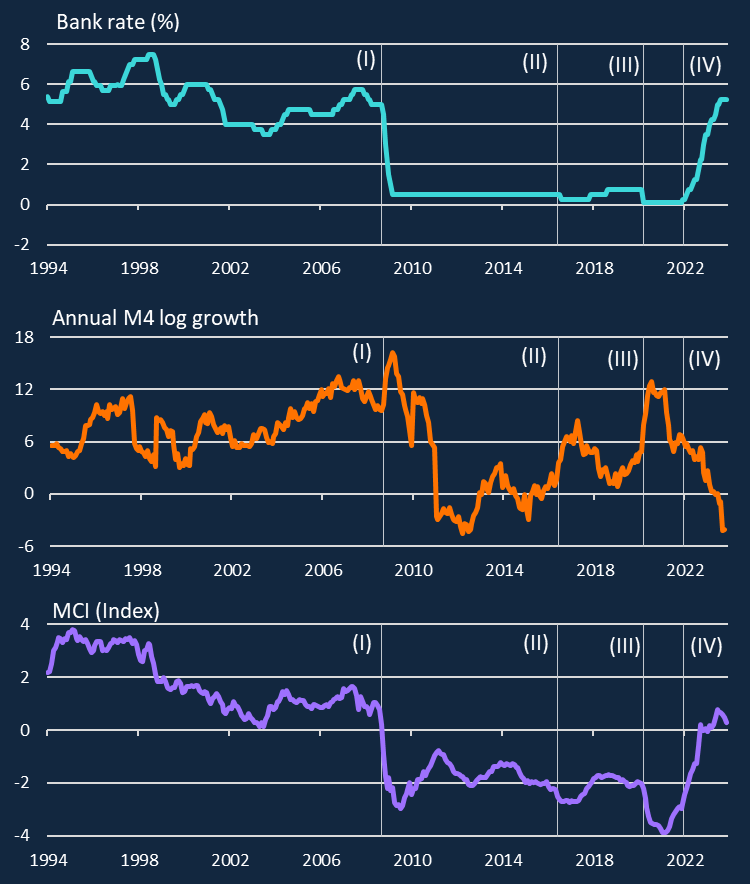Planning for retirement is about more than just putting money aside for the future. You have control over how much money you save and invest. What you can’t control, however, are all the external factors that can decrease the value of your assets and reduce your retirement income. You must find ways to protect your savings from factors like inflation and market volatility. What would a recession mean for your retirement plan? Being proactive and planning for the worst is vital to your comfort and quality of life in retirement! Here are some tips to consider, courtesy of America’s Loan Company.
Planning for Retirement When You’re Self-Employed
If you’re self-employed, you are solely responsible for your own retirement planning. While you have many of the same options as employees, you will need to take an active role in making use of these options. Some basic retirement options include a simplified employee pension (SEP IRA), which lets you contribute up to 25 percent of your income, and a 401(k), which lets you contribute money as both an employee and an employer. Research your options carefully and establish a retirement savings plan that maximizes the use of your self-employment income.
Another way to increase your savings is by picking up a new (or better) job, perhaps even just a side hustle. Either way, you’ll want your resume to be looking its best. Luckily, that’s a piece of cake these days if you use a free tool that takes advantage of time-tested templates to really highlight your experience in the most persuasive way possible.
Estimate Your Retirement Spending Realistically
Many people underestimate how much money they’re going to spend in retirement. If you’re used to living on a generous salary, adapting to a reduced retirement income can be tough. Make sure you calculate your retirement expenses accurately so you can enjoy a comfortable life in your senior years! For example, factoring in big lifestyle changes, like if you plan on relocating to an area with a higher cost of living. You could even create a rough budget based on your expected monthly spending, then test it out for a few months to see how you fare. Be sure to consider your debt-to-income ratio if you’ll be living on a fixed income. If you spend more than anticipated, you’ll need to make adjustments to your budget or savings goals.
Budget for Medical Costs and Long-Term Care
While it’s important to estimate your typical monthly retirement spending, remember to include healthcare costs in your budget. According to CNBC, a 65-year-old couple retiring in 2022 can expect to spend an average of $315,000 in healthcare costs over the course of their retirement. Most people are not prepared to cover these expenses. Medicare will only cover about two-thirds of these costs, so make sure you plan ahead!
Understand How Taxes Will Affect Your Gains
Taxes can take a big chunk of your retirement income if you’re not careful. Your overall tax burden will vary significantly depending on where you live, so you’ll want to take this into account when deciding where to retire. For example, Alabama is one of the most tax-friendly states for retirees, while Connecticut is one of the least tax-friendly places to live in your senior years. If you already know where you’re going to retire, research the local and state property taxes, estate taxes, income taxes, and sales taxes. Keep in mind that some states even tax your Social Security benefits.
Include Inflation in Your Plan
Does your retirement plan account for inflation? Inflation recently hit a 40-year high, creating high costs for basic living expenses. Even low levels of inflation can impact your retirement savings. Diversifying your retirement savings is key to hedging against inflation. Talk to your financial advisor about how inflation may affect your bottom line in retirement and what steps you can take to maximize your gains. Certain bonds, mutual funds, ETFs, and annuities can help protect your money from inflation. Your financial advisor will be able to help you make the best decisions for your situation.
Saving for retirement is important for ensuring your health and happiness throughout your golden years. Make a plan to protect your assets and retirement income from inflation, recessions, taxes, healthcare costs, and high spending. And if you’re self-employed, be sure to examine your retirement savings options as soon as possible. You can never be too prepared!
Article written by Christopher Haymon for America’s Loan Company
America’s Loan Company is here to get you the loan you need. Call 877-380-2639.
Publisher: Source link











